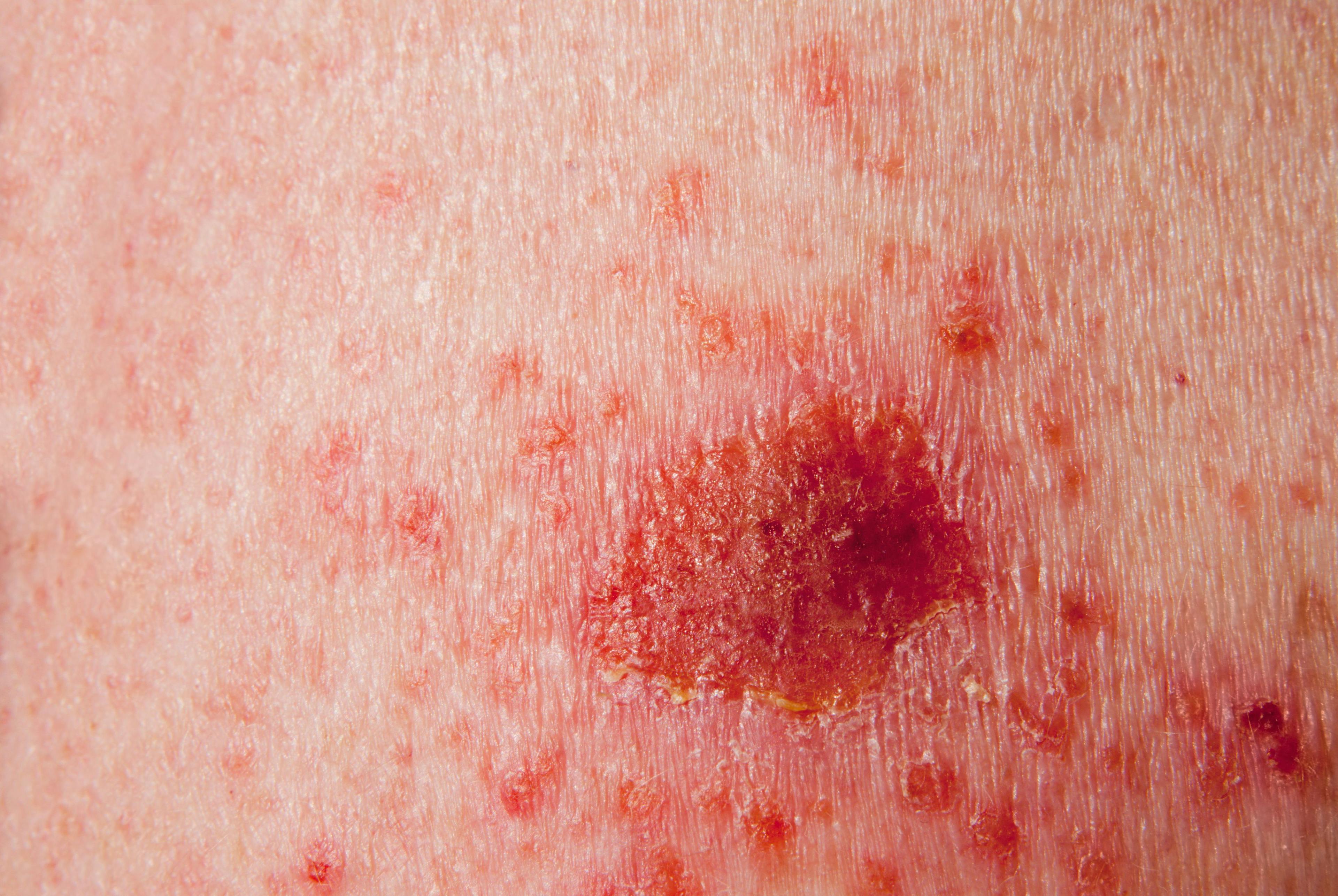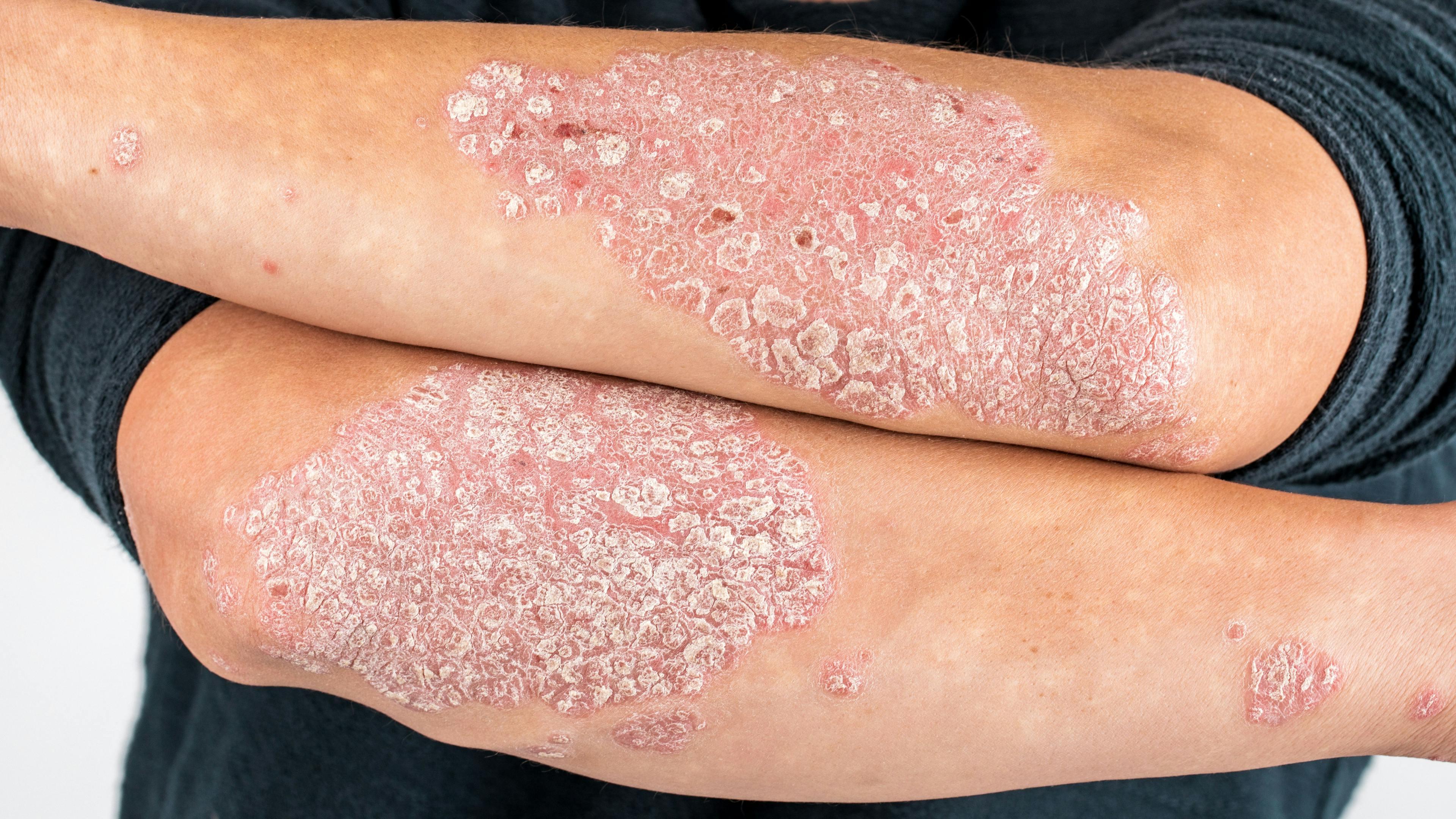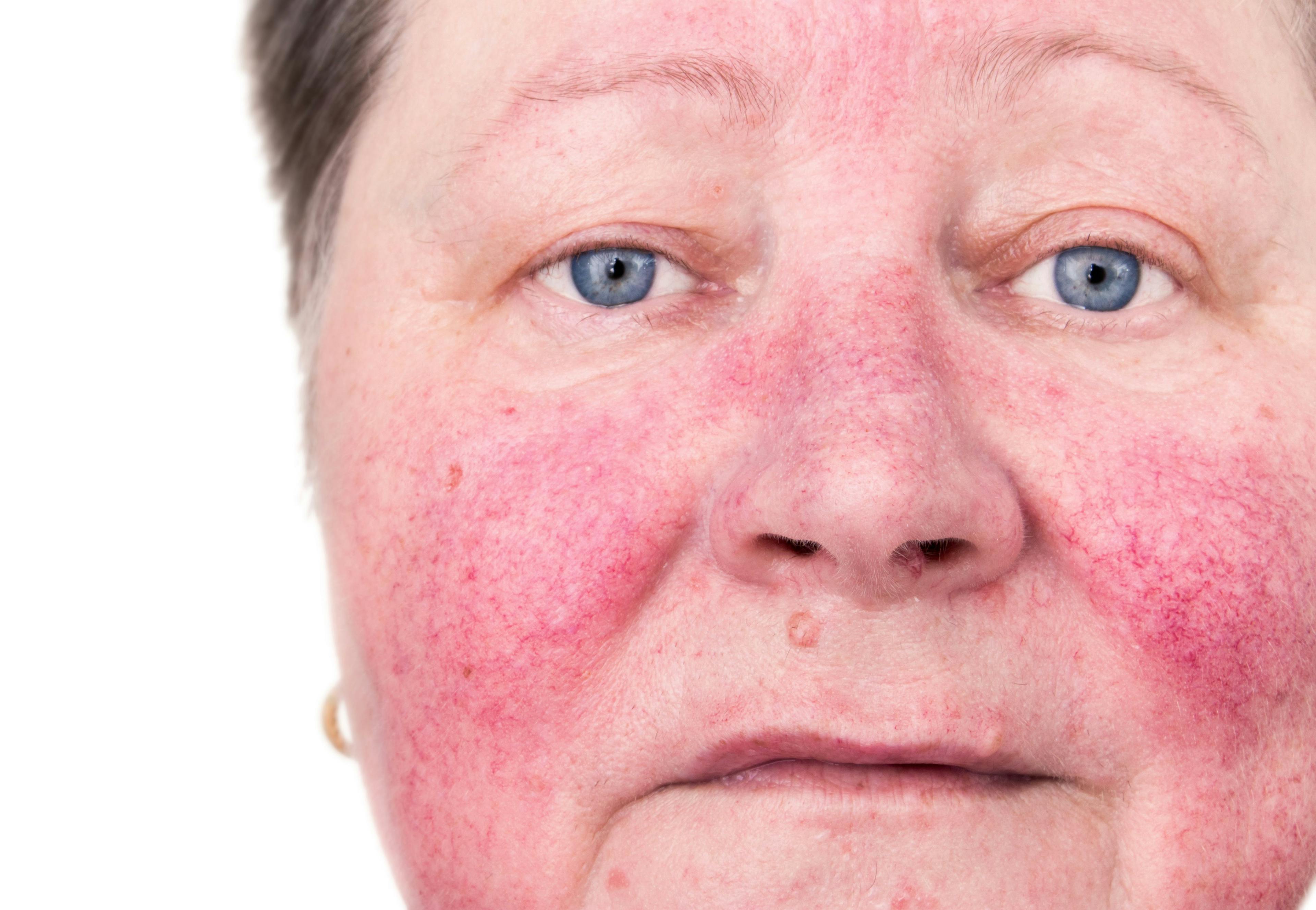- Acne
- Actinic Keratosis
- Aesthetics
- Alopecia
- Atopic Dermatitis
- Buy-and-Bill
- COVID-19
- Case-Based Roundtable
- Chronic Hand Eczema
- Chronic Spontaneous Urticaria
- Drug Watch
- Eczema
- General Dermatology
- Hidradenitis Suppurativa
- Melasma
- NP and PA
- Pediatric Dermatology
- Pigmentary Disorders
- Practice Management
- Precision Medicine and Biologics
- Prurigo Nodularis
- Psoriasis
- Psoriatic Arthritis
- Rare Disease
- Rosacea
- Skin Cancer
- Vitiligo
- Wound Care
Publication
Article
Dermatology Times
Linking Psoriasis and Cardiometabolic Disease
Author(s):
A recent study examined the role of inflammation and psoriasis in cardiometabolic diseases, focusing on metabolic syndrome and its components.
A review in the journal Psoriasis: Targets and Therapy emphasizes psoriasis as a model for the cardiovascular consequences of chronic inflammation.1
“Inflammation plays a critical role from initiation to progression to rupture of atherosclerotic plaques,” wrote the authors from the National Heart, Lung, and Blood Institute (NHLBI), National Institutes of Health (NIH), in Bethesda, Maryland. “The progression and stability of these plaques depends on the balance between pro- and anti-inflammatory forces.”
Inflammation is also linked to risk factors for atherosclerosis; for example, hyperlipidemia, hypertension, and obesity promote inflammation and are more prominent with chronic inflammation.
Likewise, psoriasis leads to systemic and vascular inflammation, as well as a higher risk of cardiometabolic diseases than in the general population, with the greatest difference in risk among younger psoriasis patients with severe disease.2
Furthermore, psoriasis in general, but especially severe psoriasis, is linked to a higher risk of major adverse cardiovascular events.
Psoriasis patients have a complex interplay with the metabolic syndrome, which is a group of risk factors that is strongly connected to future risk of cardiovascular events.
Both psoriasis and the metabolic syndrome have a higher coronary subclinical atherosclerosis burden that increases in a stepwise manner with each additional criterion met.3
The relationship between psoriasis and obesity is complicated, with some research indicating obesity as the risk factor for psoriasis, while other research suggesting that obesity is the cause of the disease. Regardless, psoriasis and obesity share common inflammatory pathways.
The psychosocial impact of living with psoriasis, including depression, anxiety, and stress, can contribute to body fat distributions that have an unfavorable cardiometabolic profile. Joint involvement may also curtail access to regular physical activity.
The metabolic syndrome component related to central adiposity may be the initiating factor for cardiometabolic disease. Abdominal visceral adipose tissue, for instance, has been associated with systemic inflammation in psoriasis and may play a crucial role in insulin resistance, hyperlipidemia, and hypertension.
A strong association also exists between the metabolic syndrome and abdominal visceral adipose tissue volume in psoriasis.4
Because inflammation alters lipid structure and function, it can lead to increased production and decreased clearance of triglycerides, plus alter the content and function of high-density lipoprotein cholesterol (HDL).
Patients with psoriasis have higher triglycerides and lower serum HDL levels compared to the general population. HDL cholesterol efflux capacity is also impaired in psoriasis and negatively correlates with the psoriasis area and severity index (PASI) score.5
Similarly, because chronic inflammation hinders insulin signaling and promotes insulin resistance, psoriasis patients have a higher prevalence of type 2 diabetes and elevated blood glucose and insulin compared to controls.
Inflammation also plays a major role in hypertension, with psoriasis and hypertension sharing important common inflammatory pathways. In addition, while some studies have shown a higher prevalence and risk of hypertension in patients with psoriasis, there is evidence that hypertension may be a risk factor for psoriasis too.
Anti-inflammatory psoriasis therapy can reduce vascular inflammation, as well as high-risk coronary atherosclerosis burden and some components of the metabolic syndrome.6
After 6 months of anti-tumor-necrosis factor α (TNF-α) therapy, psoriasis patients have shown an improvement in insulin sensitivity. And in a separate cohort of patients with psoriasis or rheumatoid arthritis, anti-TNF-α therapy achieved a lower incidence of diabetes.
While there is some evidence that biologic therapy might reduce systolic and diastolic blood pressure in patients with inflammatory conditions, anti-TNF-α therapy could be linked to a higher risk of hypertension in rheumatoid arthritis, according to the authors.
Meanwhile, anti-inflammatory psoriasis therapy may reduce rates of cardiovascular events. But, psoriasis patients with higher body weight or body mass index (BMI) might experience lower efficacy of certain biologic therapies.7
Due to the significance of the adiposity component to the metabolic syndrome, recent research has evaluated the efficacy and safety of biologic therapies based on metabolic syndrome status.
For instance, 2 phase 3 randomized controlled trials of tildrakizumab (Ilumya, Sun Pharmaceuticals) found that the percentage of patients with chronic plaque psoriasis who had a greater than or equal to 75% improvement in PASI score at 12 and 52 weeks was comparable by metabolic syndrome status.8 The reduction in psoriasis severity from baseline was also similar in those with and without metabolic syndrome.
The authors believe that both patients and providers need to become more aware of the cardiovascular consequences of psoriasis.
References:
1) Teklu M, Parel PM, Mehta N. Psoriasis and cardiometabolic diseases: the impact of inflammation on vascular health. Psoriasis: Targets and Therapy. 2021;11: 99–108. doi:10.2147/PTT.S320016
2) Gelfand JM, Neimann AL, Shin DB, et al. Risk of myocardial infarction in patients with psoriasis. JAMA. 2006;296(14):1735–1741. doi:10.1001/jama.296.14.1735
3) Teklu M, Zhou W, Kapoor P, et al. Metabolic syndrome and its factors are associated with noncalcified coronary burden in psoriasis: an observational cohort study. J Am Acad Dermatol. 2021;84(5):1329–1338. doi:10.1016/j.jaad.2020.12.044
4) Teklu M, Zhou W, Kapoor P, et al. Metabolic syndrome and its factors are associated with noncalcified coronary burden in psoriasis: an observational cohort study. J Am Acad Dermatol. 2021;84(5):1329–1338. doi:10.1016/j.jaad.2020.12.044
5) Holzer M, Wolf P, Curcic S, et al. Psoriasis alters HDL composition and cholesterol efflux capacity. J Lipid Res. 2012;53(8):1618–1624. doi:10.1194/jlr.M027367
6) Kim BS, Lee WK, Pak K, et al. Ustekinumab treatment is associated with decreased systemic and vascular inflammation in patients with moderate-to-severe psoriasis: feasibility study using (18) F-fluorodeoxyglucosePET/CT. J Am Acad Dermatol. 2019;80(5):1322–1331. doi:10.1016/j.jaad.2018.03.011
7) Strober B, Menter A, Leonardi C, et al. Efficacy of risankizumab in patients with moderate-to-severe plaque psoriasis by baseline demographics, disease characteristics and prior biologic therapy: an integrated analysis of the Phase III UltIMMa-1 and UltIMMa-2 studies. J Eur Acad Dermatol Venereol. 2020;34(12):2830–2838. doi:10.1111/jdv.16521
8) Lebwohl MG, Leonardi CL, Mehta NN, et al. Tildrakizumab efficacy and safety are not altered by metabolic syndrome status in patients with psoriasis: post hoc analysis of 2 phase 3 randomized controlled studies (reSURFACE 1 and reSURFACE 2). J Am Acad Dermatol. 2020;82(2):519–522. doi:10.1016/j.jaad.2019.09.042

Newsletter
Like what you’re reading? Subscribe to Dermatology Times for weekly updates on therapies, innovations, and real-world practice tips.






















